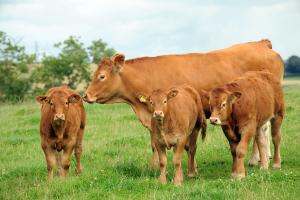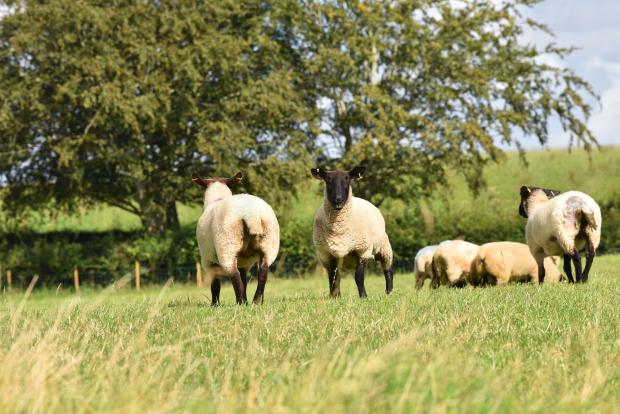Surveillance for animal disease, monitoring trends in prevalence and impact, continues in a changing Europe and a changing world.

Many factors such as climate change, political change, new trading patterns and the evolution of our food animal production systems ensure that animal disease is a dynamic, shape-shifting target.
Although the threat posed by Highly Pathogenic Avian Influenza in Ireland and across Europe for the past couple of years is waning, at the time of writing we face the arrival of a New Year acutely aware of the threat posed by the detection of Bluetongue Virus in south-east England. This comes after a year when the exotic disease threat level has already been elevated by the detection of multiple outbreaks of Bluetongue and Epizootic Haemorrhagic Disease on the continent. These factors remind us of the need for constant vigilance and the value of scanning surveillance for the detection of both known and unknown exotic/emerging disease threats.
While active surveillance has a laser-like ability to target a pathogen or syndrome with statistical precision, scanning surveillance, as practiced by the two veterinary laboratory networks on the island, is more like radar. It can, and does, detect and diagnose a wide range of disease entities, whether infectious, genetic, nutritional or other.
This unique ability of scanning surveillance to answer a question we weren’t asking is its true power. The nature of this surveillance model, built on stakeholder participation, cost-sharing and the wholly voluntary submission of caseloads for testing provides a valuable link between farmers, vets and veterinary laboratory science. It underpins a key feature of our service – it must remain relevant to vets and to farmers and we must always remain responsive to the disease investigation needs of our stakeholders at an individual level as well as at an industry level.

It also helps to safeguard not only animal health and welfare, but also public health and food safety. The sharing of intelligence on diseases, pathogens, and indeed even the specific strains of pathogens remain as key functions for animal surveillance systems globally.
The All Island Disease Surveillance report 2022 is an important aspect of sharing this information with stakeholders across the island, thus ensuring preparedness in the face of any changing trends or for any new, emerging, or re-emerging disease threats.
Notes to editors:
AFBI’s Vision is “Scientific excellence delivering impactful and sustainable outcomes for society, economy and the natural environment”.
AFBI’s Purpose is “To deliver trusted, independent research, statutory and surveillance science and expert advice that addresses local and global challenges, informs government policy and industry decision making, and underpins a sustainable agri-food industry and the natural and marine environments”.
AFBI’s core areas:
- Leading improvements in the agri-food industry to enhance its sustainability.
- Protecting animal, plant and human health.
- Enhancing the natural and marine environment.
Latest news
- AFBI makes major announcement on the building of a new research vessel for Northern Ireland 17 April 2024
- AFBI issues Nematodirus Warning – Spring 2024 04 April 2024
- Farming for the Future - Major AFBI Open Days on 18 - 19 June 02 April 2024
- Northern Ireland Science Festival 28 March 2024
